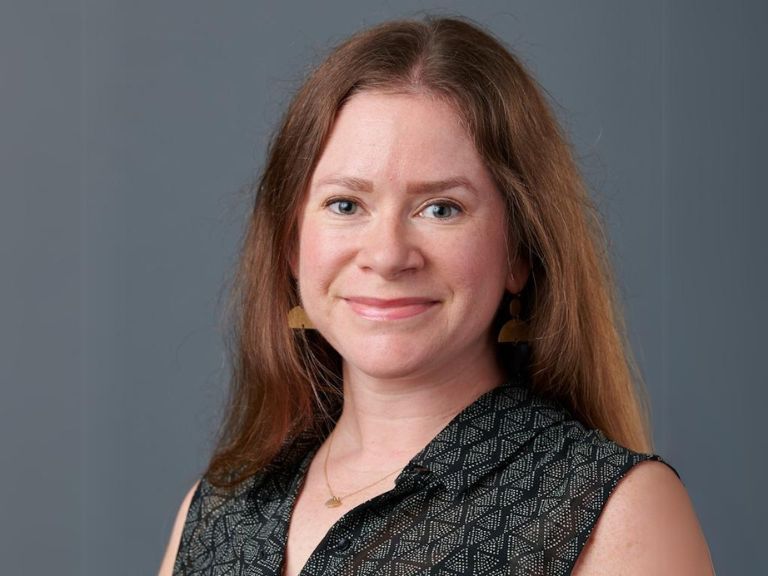Bridget Chalk, Ph.D., Associate Provost and Professor of English at Manhattan University, recently published her second book, Novel Schooling: Education, Formation, and Reading in Fiction (Palgrave 2024). According to the book, the focus of the work is the “...consistent link between negative depictions of education in novels and claims for the educative effects of reading them.”  Chalk states that novels, especially coming-of-age narratives, are frequently critical of formal education: bad things happen in schools that the characters subsequently need to overcome. A wide range of novels from the 19th century to the present, she shows, condemn traditional education on the one hand and, on the other, propose alternate forms of learning through reading and story-making. In place of structured schooling, novels, therefore, offer an alternative form of education, providing exercises in paying attention, pattern-making, and perspective-taking. Further, Chalk’s book states that education has long been seen as a collective exercise with standards and benchmarks in contrast to the novel, which is highly individualized, eliciting different responses from each reader. In today’s world, ruled by data and algorithms, each reader’s experience of fiction still generates unique possibilities and directions of thought.
Chalk states that novels, especially coming-of-age narratives, are frequently critical of formal education: bad things happen in schools that the characters subsequently need to overcome. A wide range of novels from the 19th century to the present, she shows, condemn traditional education on the one hand and, on the other, propose alternate forms of learning through reading and story-making. In place of structured schooling, novels, therefore, offer an alternative form of education, providing exercises in paying attention, pattern-making, and perspective-taking. Further, Chalk’s book states that education has long been seen as a collective exercise with standards and benchmarks in contrast to the novel, which is highly individualized, eliciting different responses from each reader. In today’s world, ruled by data and algorithms, each reader’s experience of fiction still generates unique possibilities and directions of thought.
Chalk, a well-regarded expert in modernism and twentieth and twenty-first-century British and Anglophone literature, stated that writing the book was “a joy”, combining her two passions – education and novels. At Manhattan University, she works on a variety of programming to bridge the liberal arts and professional studies. In addition to this newest book, she is the author of Modernism and Mobility: The Passport and Cosmopolitan Experience (Palgrave 2014). She has published in numerous peer-reviewed journals and contributed a chapter to The Cambridge Companion to British Fiction, 1980-the Present (2019). She is a member of the Executive Committee of the D.H. Lawrence Society of North America and an active member of the Modernist Studies Association. Her education includes a B.A. from Villanova University and M.A. and Ph.D. from Brandeis University.